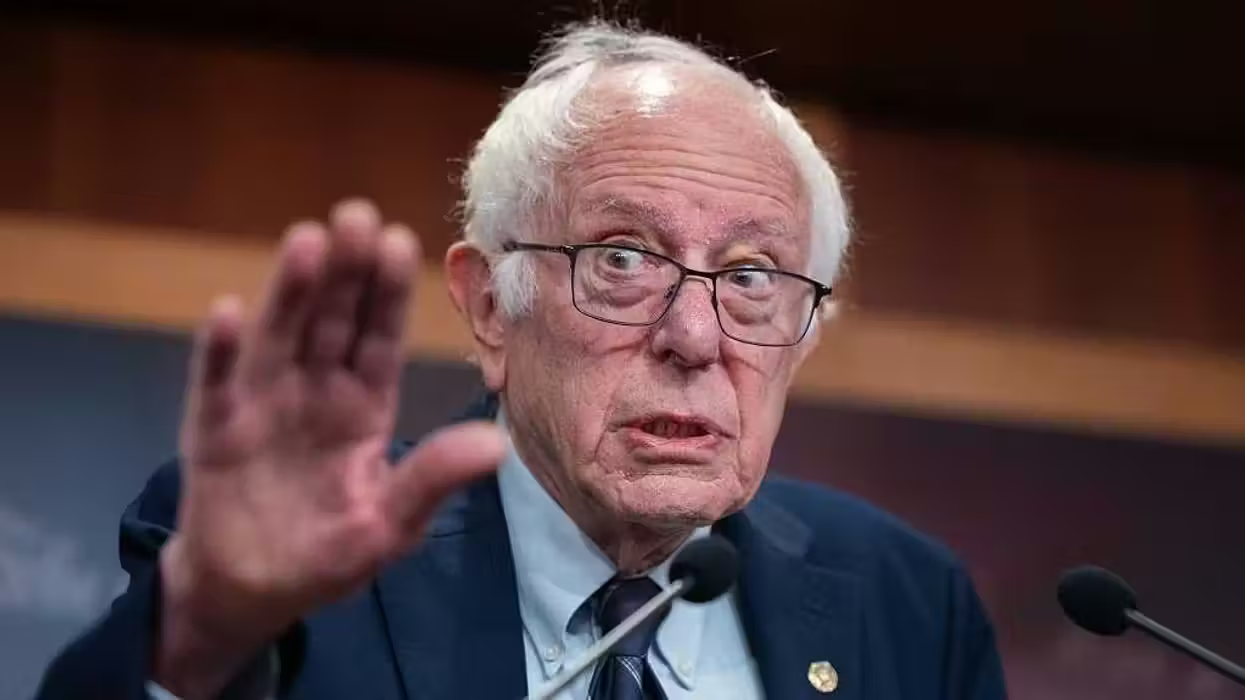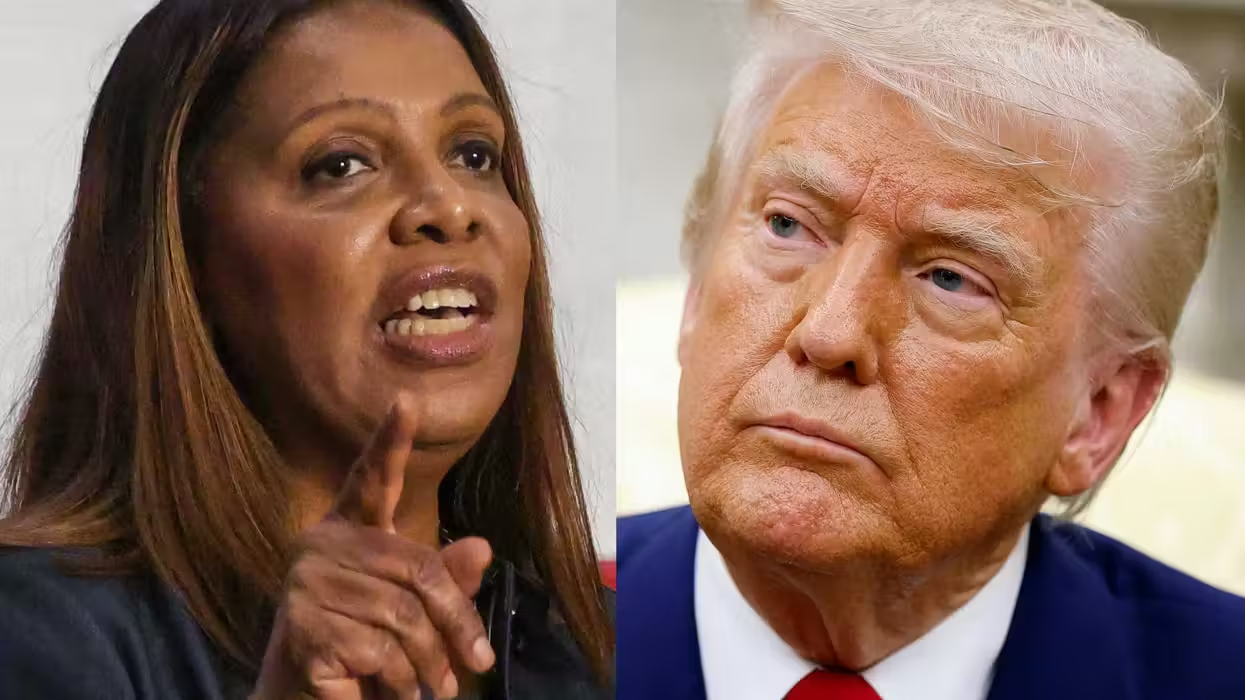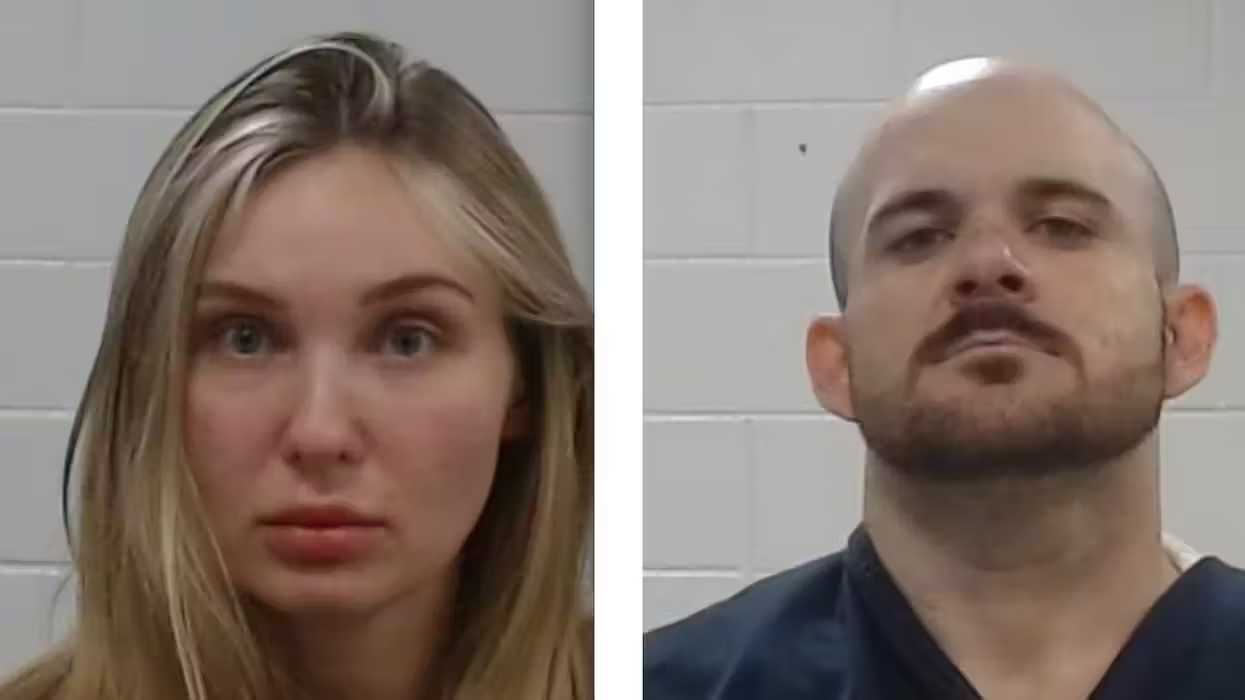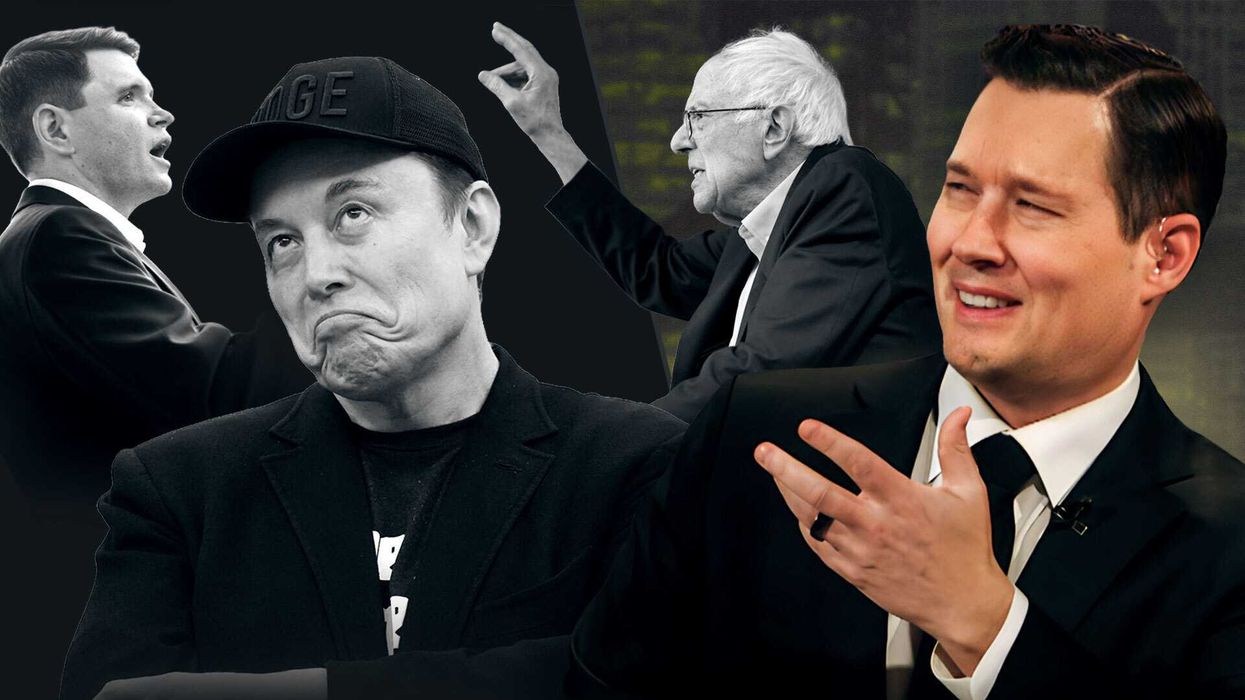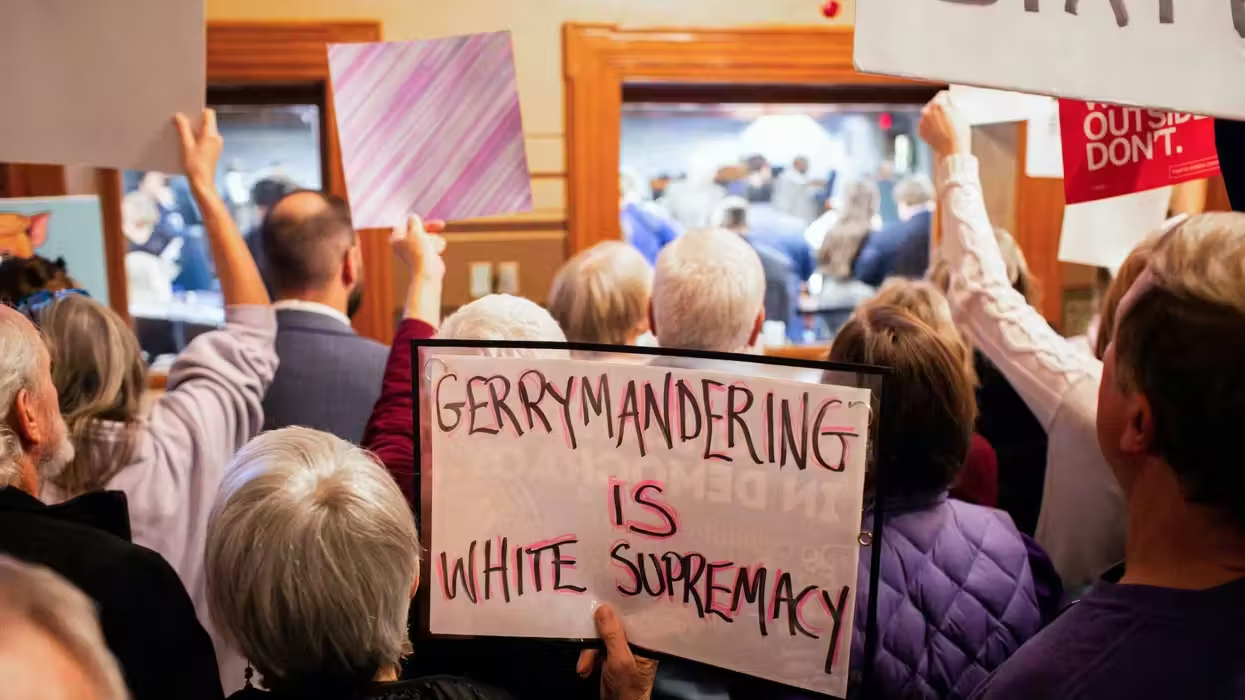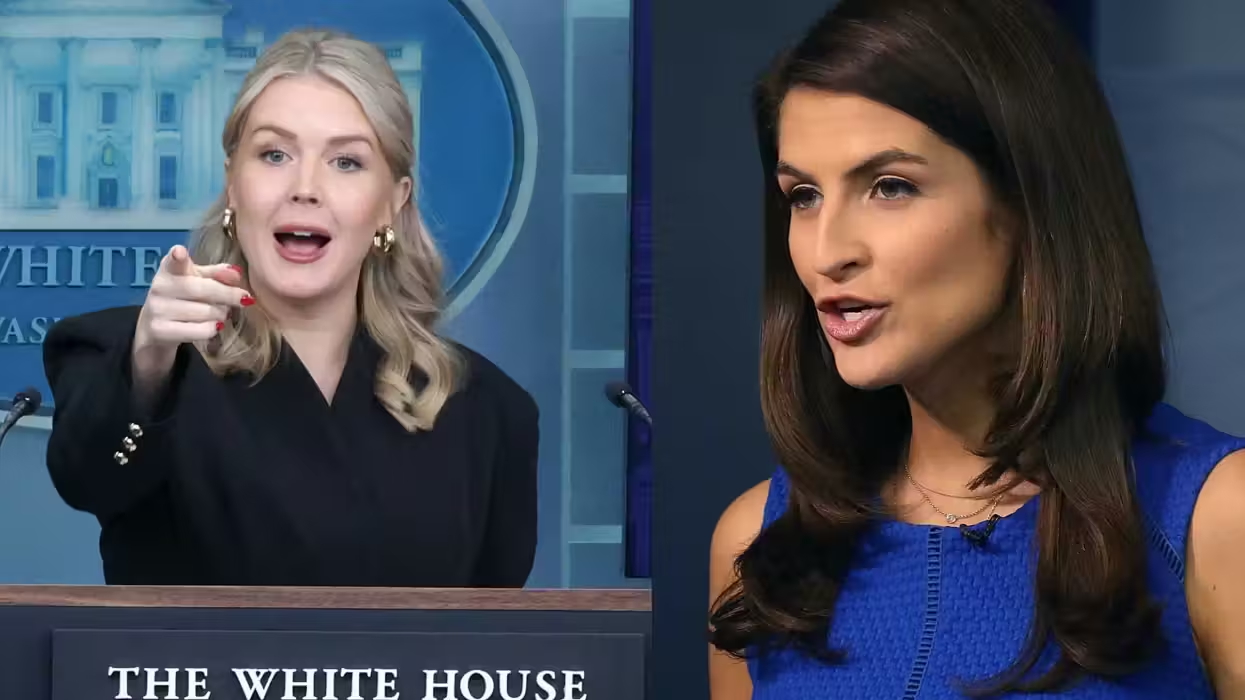
© 2025 Blaze Media LLC. All rights reserved.
"Policies should prohibit officers from destroying recording devices or cameras and deleting recordings or photographs under any circumstances."

With the Occupy Wall Street movement and cases of alleged police brutality, it has become a staple for protesters to whip out cameras or smartphones to record video of the police and their actions. In some cases, though, the authorities have been accused of seizing and deleting the video, which has raised questions about the public's legal rights in filming officers on duty.
In one such case -- Christopher Sharp v. Baltimore City Police Department, et. al. -- the U.S. Department of Justice has issued a "letter of guidance" in which it defends the public's right to record.
As some background, Sharp alleges officers of the Baltimore City Police Department took his cellphone and erased a video he filmed showing what he claims was forcible arrest of his friend in May 2010. Wired explains the BPD later issued a order to its officers, describing that the public had the right to film them while on duty. But according to the letter from Jonathan Smith, chief of the DOJ's Special Litigation Section, this order "does not meet the requirements in some areas" to provide the officer with guidance for conduct that "accurately [reflects] the contours of individuals’ rights under the First, Fourth and Fourteenth Amendments."
The 11-page letter includes areas the DOJ thinks BPD should include in its general order to ensure adequate protection of constitutional rights. Here are some of the key points made by Smith in the letter regarding rights of recording officers on duty:
- Recording governmental officers engaged in public duties is a form of speech through which private individuals may gather and disseminate information of public concern, including the conduct of law enforcement officers.
- BPD should clarify that the right to record public officials is not limited to streets and sidewalks – it includes areas where individuals have a legal right to be present, including an individual’s home or business, and common areas of public and private facilities and buildings.
- Policies should prohibit officers from destroying recording devices or cameras and deleting recordings or photographs under any circumstances. In addition to violating the First Amendment, police officers violate the core requirements of the Fourteenth Amendment procedural due process clause when they irrevocably deprived individuals of their recordings without first providing notice and an opportunity to object.
- BPD should instruct officers not to threaten, intimidate, or otherwise discourage an individual from recording police officer enforcement activities or intentionally block or obstruct cameras or other recording devices.
- General Order J-16 should encourage officers to provide ways in which individuals can continue to exercise their First Amendment rights as officers perform their duties, rather than encourage officers to look for potential violations of the law in order to restrict the individual’s recording.
A settlement conference for the case is scheduled for May 30 with Judge Paul Grimm.
The Verge recalls a separate incident where an individual was arrested while filming another arrest by the BPD, shortly after the general order was issued. Mickey Osterreicher, General Counsel for the National Press Photographers Association, told the Verge he considers this evidence of how the department is not following its own policies:
"I found it very interesting when on that Saturday, the next day, there was another incident with police disrupting someone's recording."[...]
"I was wondering whether they had actually spent that time training the officers on new ways to circumvent the public being allowed to record them."
Here the video of the incident:
The Baltimore Sun reports the president of the city's Fraternal Order Police chapter said, in reference to the above video specifically, that officers making an arrest don't want spectators getting too close to them for their own safety and that of the person they're arresting. He said that many cops "are afraid of doing anything to anyone if they're holding a cellphone." He said officers are "confused right now."
Want to leave a tip?
We answer to you. Help keep our content free of advertisers and big tech censorship by leaving a tip today.
Want to join the conversation?
Already a subscriber?
more stories
Sign up for the Blaze newsletter
By signing up, you agree to our Privacy Policy and Terms of Use, and agree to receive content that may sometimes include advertisements. You may opt out at any time.
Related Content
© 2025 Blaze Media LLC. All rights reserved.
Get the stories that matter most delivered directly to your inbox.
By signing up, you agree to our Privacy Policy and Terms of Use, and agree to receive content that may sometimes include advertisements. You may opt out at any time.

